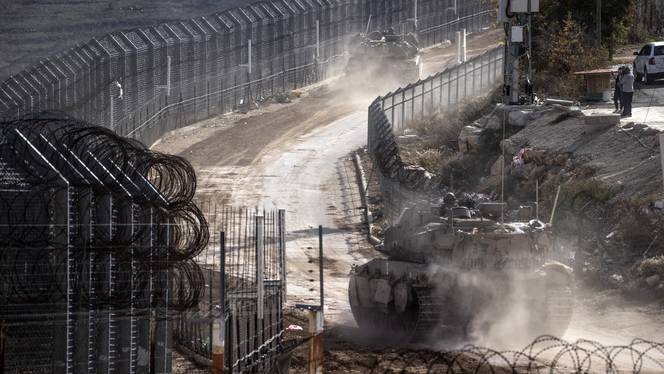Lebanese Prime Minister Nawaf Salam arrived in Damascus for his first official visit to Syria since he took office in February.
A statement by Salam’s office said the Lebanese premier will meet with Syrian President Ahmed Alshraaa to discuss bilateral relations between the two neighbouring countries on Monday.
A Lebanese source told Anadolu on Sunday that Salam’s visit to Syria “is meant to strengthen ties and correct the course of relations with the new Syrian authorities.”
The visit also aims to establish a “healthy and respectful framework” for relations between the two neighbours, he added.
Key issues on the agenda include tightening border controls, combating smuggling, securing all official crossings and closing illegal ones, and preventing further clashes along the border.
The refugee crisis will be another major point of discussion, particularly ways to facilitate the return of Syrian refugees currently residing in Lebanon, the source said.

Border tensions rise
The Lebanese source also confirmed that economic investment opportunities will be discussed, along with the longstanding issue of Lebanese nationals who went missing during the era of the now-deposed Baath regime.
Since the fall of Bashar al Assad’s regime on December 8, 2024, Syria’s new leadership has focused on restoring internal stability and regaining control over its borders, especially with Lebanon.
The urgency for closer cooperation between Syria and Lebanon was heightened after a border incident in mid-March, when Syria’s Defense Ministry accused the Lebanese group Hezbollah of kidnapping and killing three of its soldiers, an accusation the group has denied.
The Lebanon-Syria border, which stretches approximately 375 kilometres (233 miles), is known for its complex geography and includes six official land crossings.
















